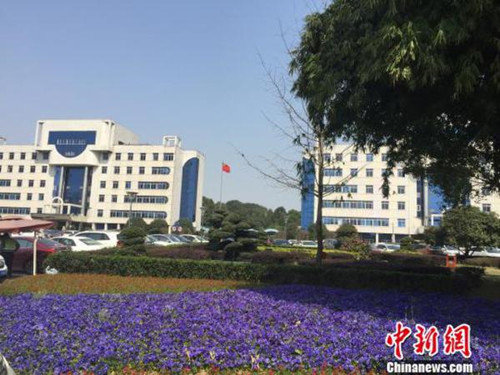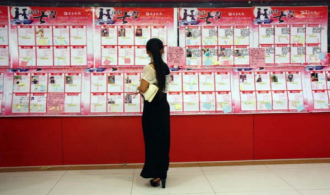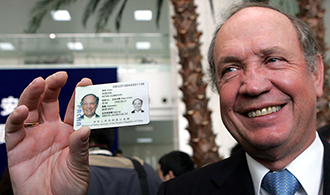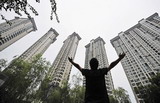Opening-up govt compounds brings people closer
(China Daily) Updated: 2016-03-16 07:57
 |
|
A picture of Changsha county government's compound which turns into a public park after the enclosing walls were taken down. [Photo by Li Junjie/chinanews.com] |
Changsha, capital of Central China's Hunan province, has made notable progress in urban management, as some gated local governmental departments have removed their fences so residents can enter freely and use upgraded public facilities. Gmw.cn spoke highly of the Changsha government's decision on Tuesday:
That the Changsha municipal government has torn down the fences around government compounds is exemplary and of great importance to local governance.
Many gated communities still have security-related concerns about the guideline on removing walls and fences issued by the State Council, China's Cabinet, last month to ensure cities are "orderly constructed, properly developed and efficiently operated".
Residential communities, built by real estate developers and owned by local government departments, should also be gradually opened up for public use.
It is thus praiseworthy that the Changsha government has emerged as a pioneer in this regard. Apart from certain government compounds, such as those of the military, most local departments in the city have torn down their walls and fences and some previously staff-only facilities, including basketball courts, bicycle sheds, and parking lots, are now available for all to use.
Such a decision is not only environmentally friendly, but also makes the best use of public facilities, which used to be hidden behind walls. With the walls surrounding government compounds being taken down, local residents may feel closer to public servants, which is conducive to alleviating the tensions between them.
More important, the ungated Changsha local government has shown that it has no worries about security risks, which have been the concern of many.
That, to some extent, indicates that a government which truly cares about local people's well-being will be just fine, with or without fences.
- Govt compounds in Changsha transformed into public parks
- Changsha tops among happiest cities in 2015
- 'Changsha Blue' becomes new normal
- 30 years of change in Changsha
- Changsha's 10 major sci-tec events in 2015
- Changsha's low speed maglev railway to be on trial
- Overseas returned relics on display in Changsha Museum
- Changsha introduces ecological park to revive a town

I’ve lived in China for quite a considerable time including my graduate school years, travelled and worked in a few cities and still choose my destination taking into consideration the density of smog or PM2.5 particulate matter in the region.










